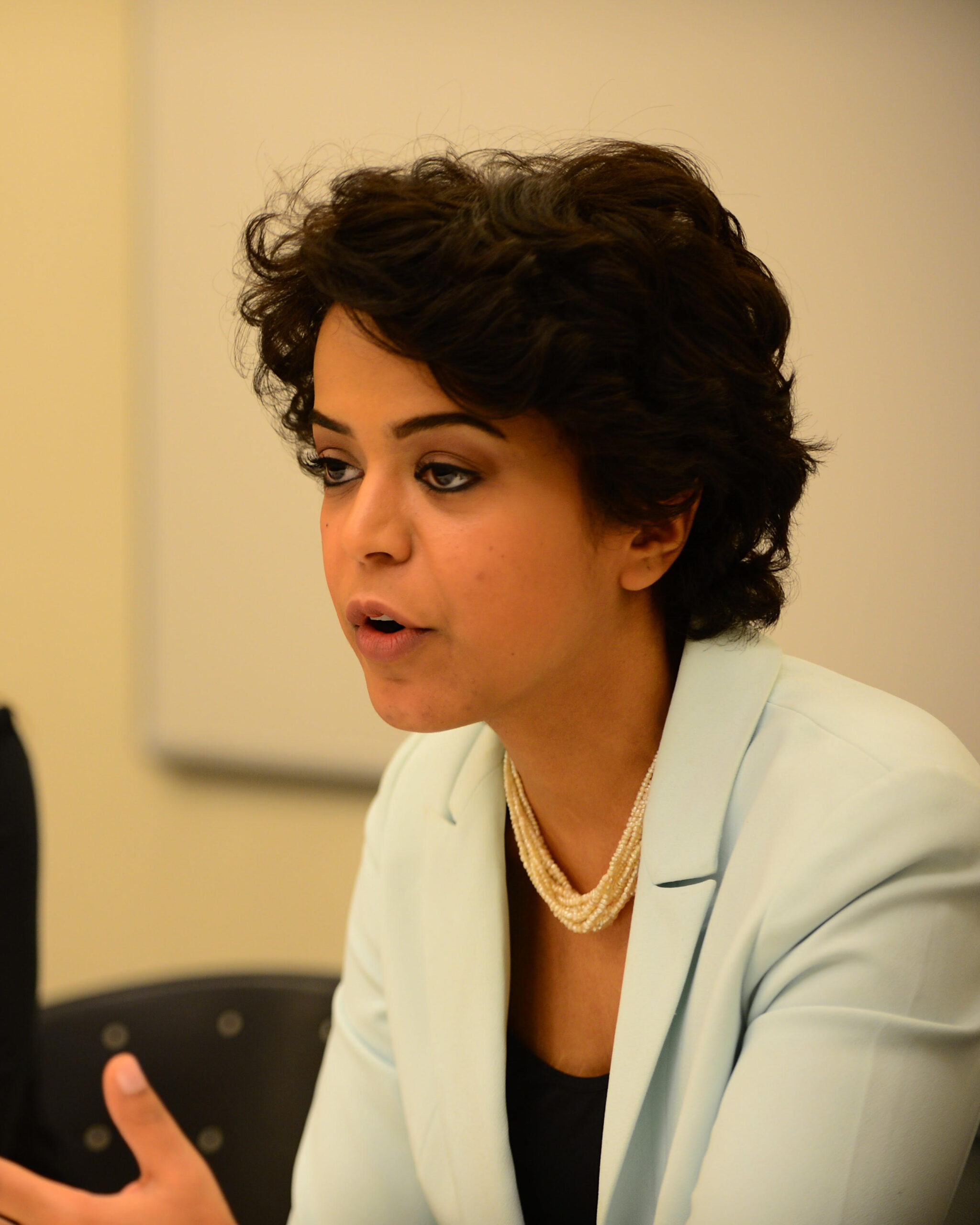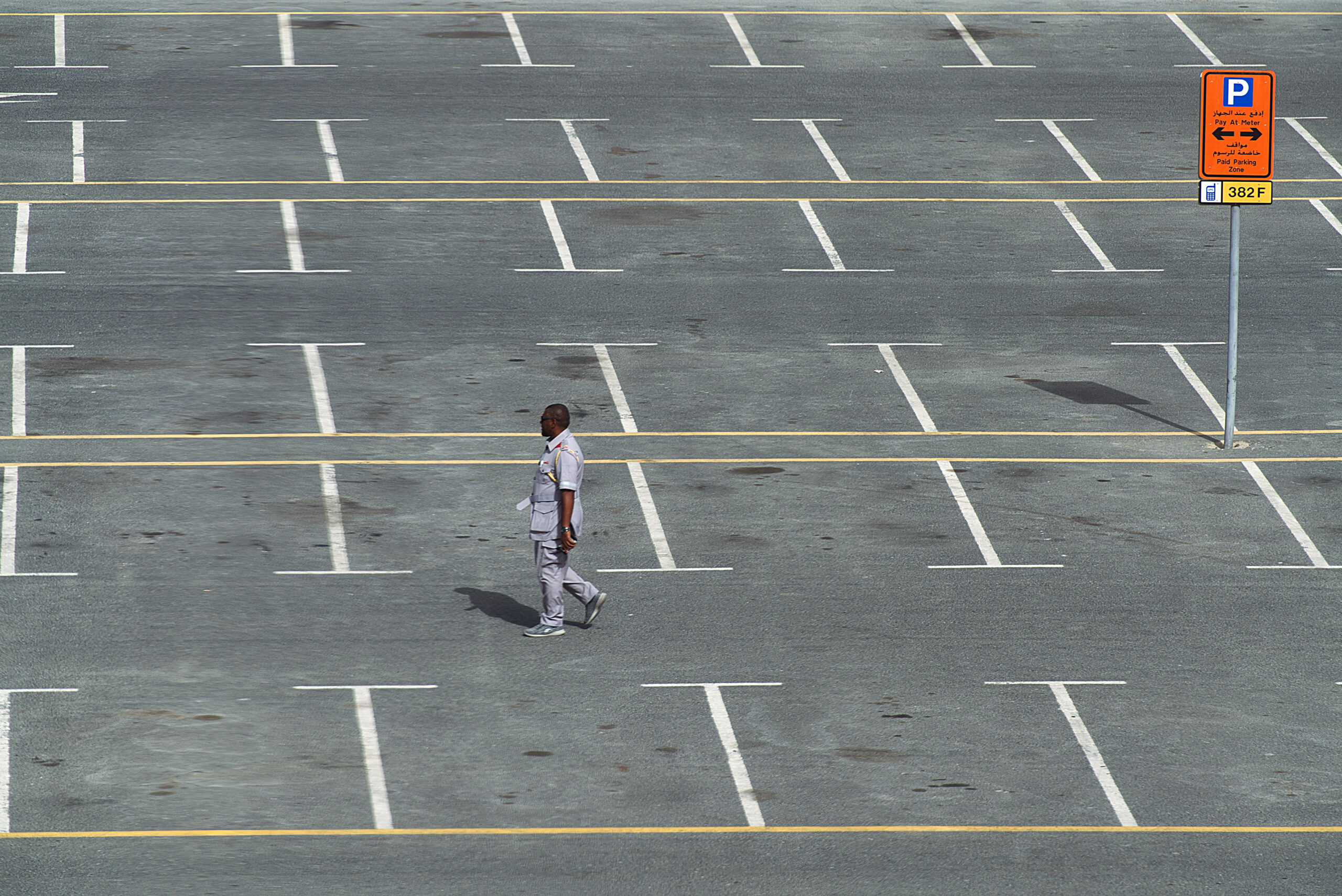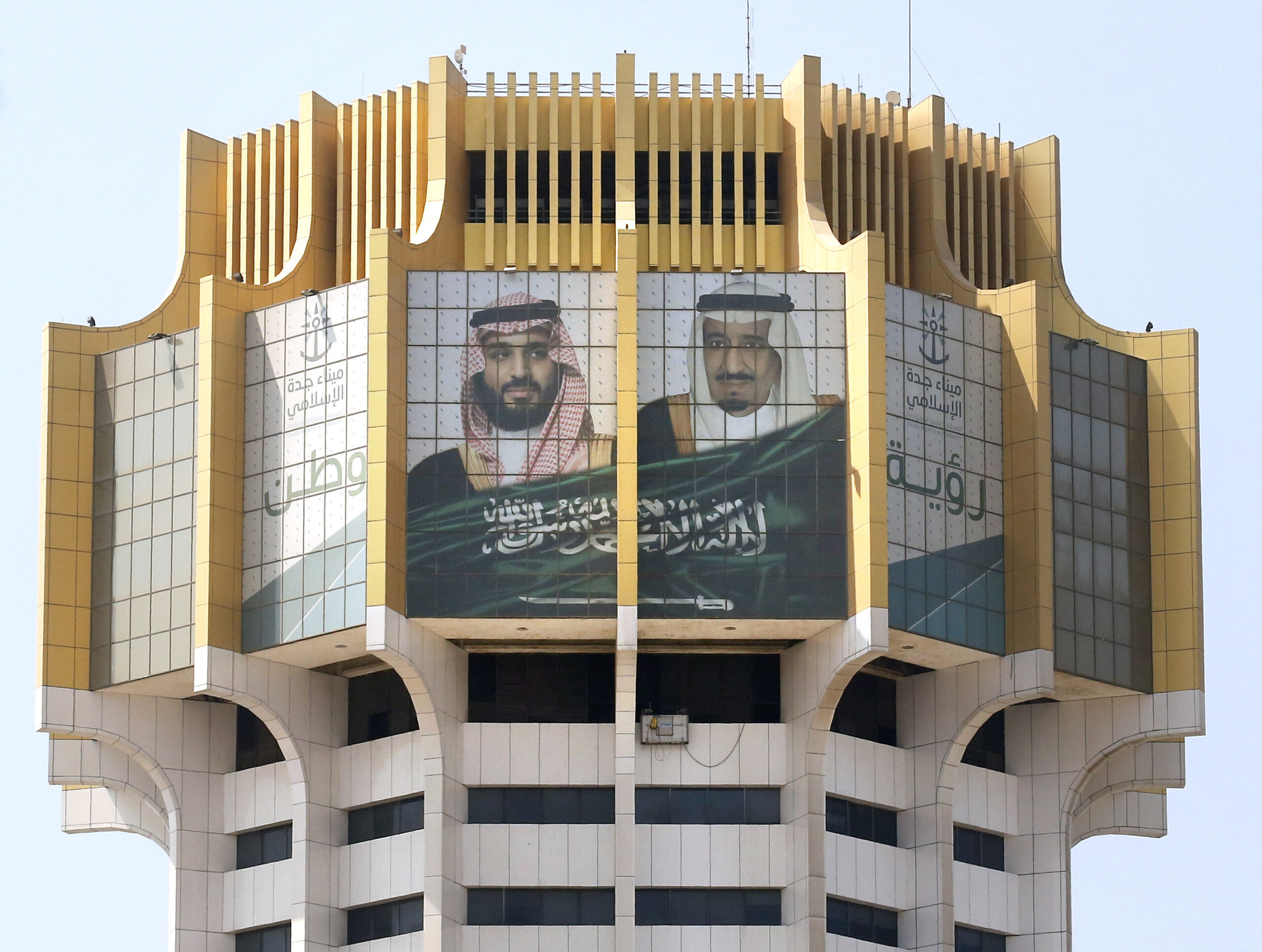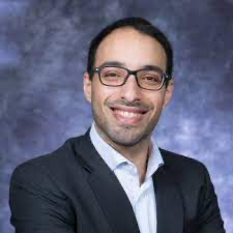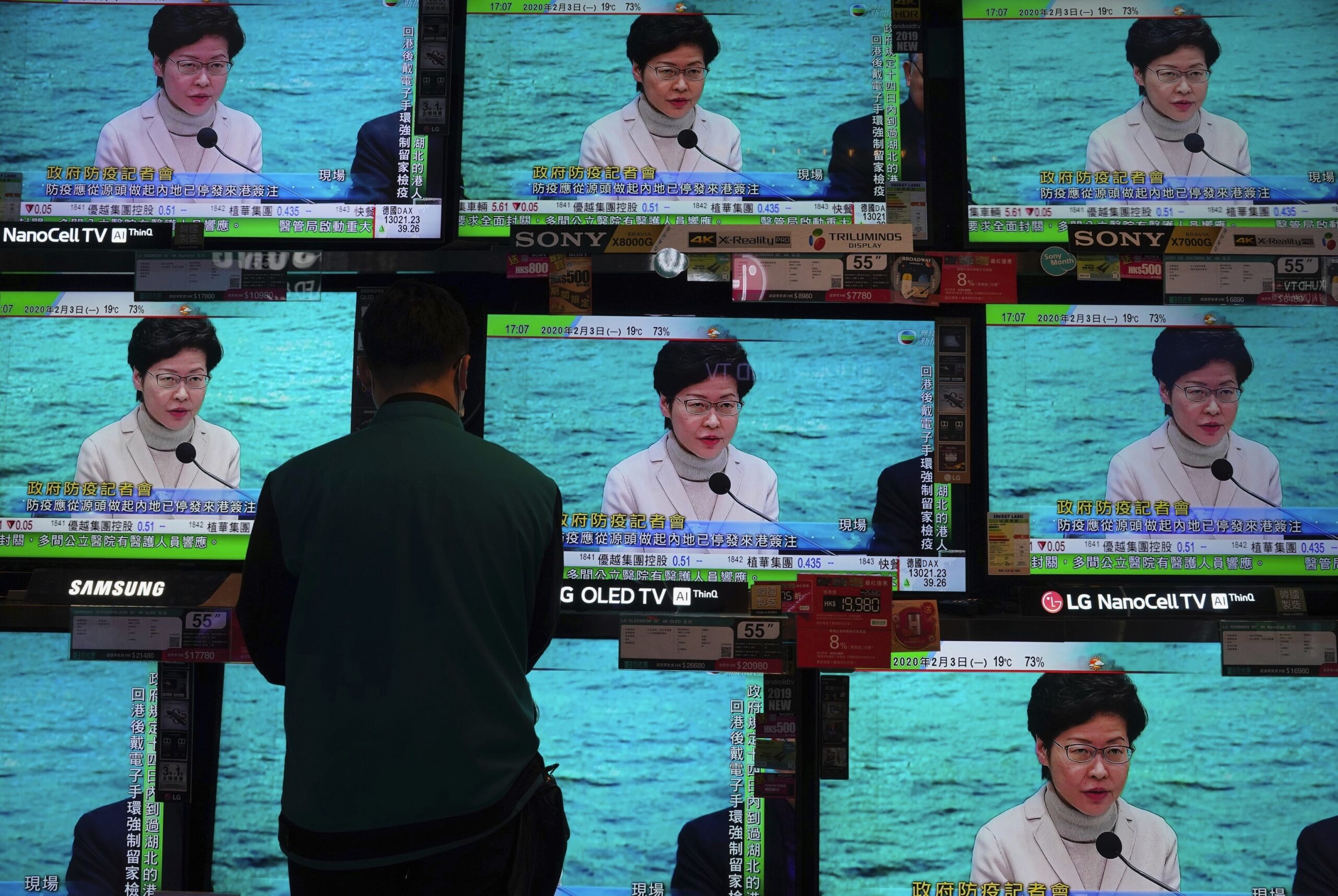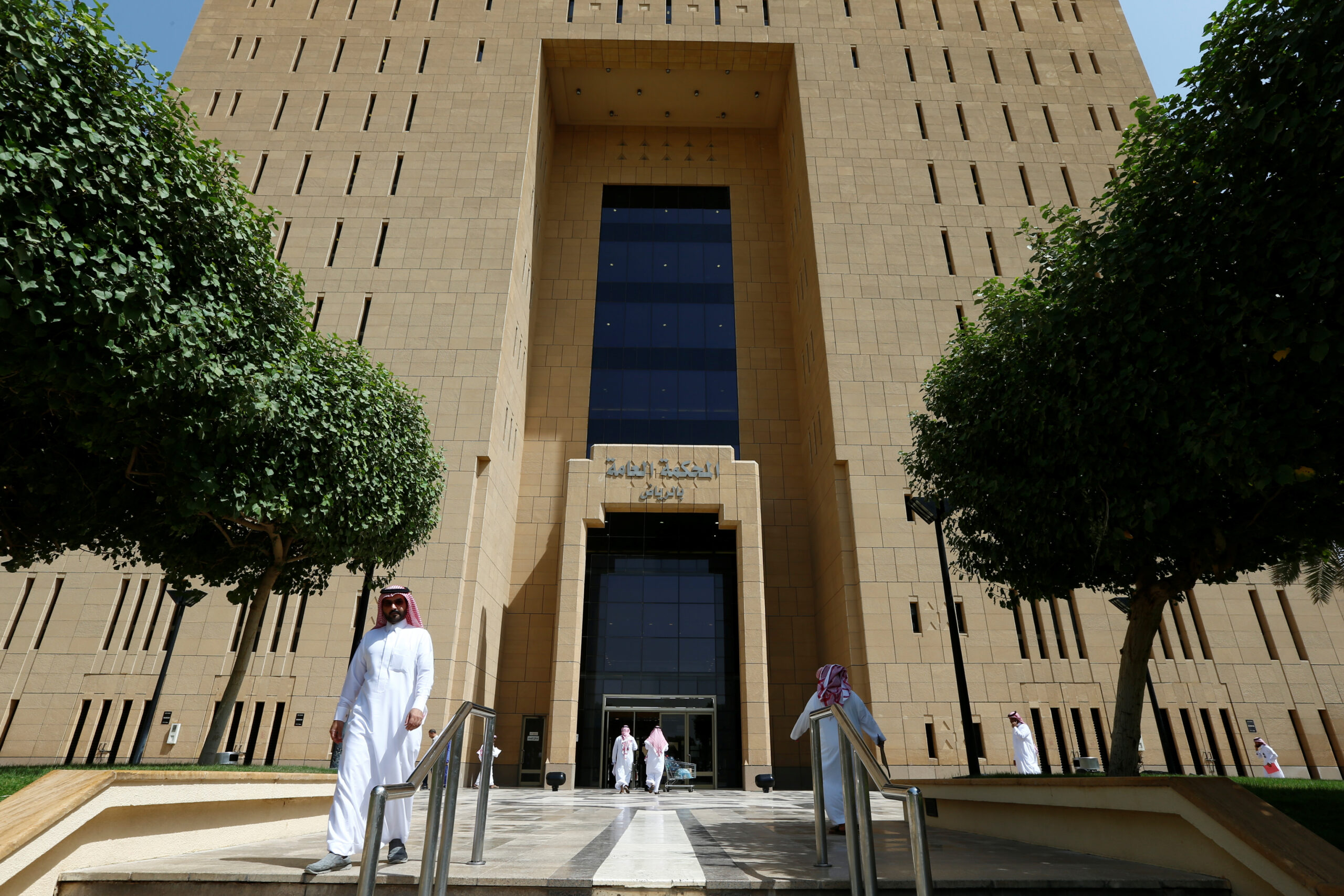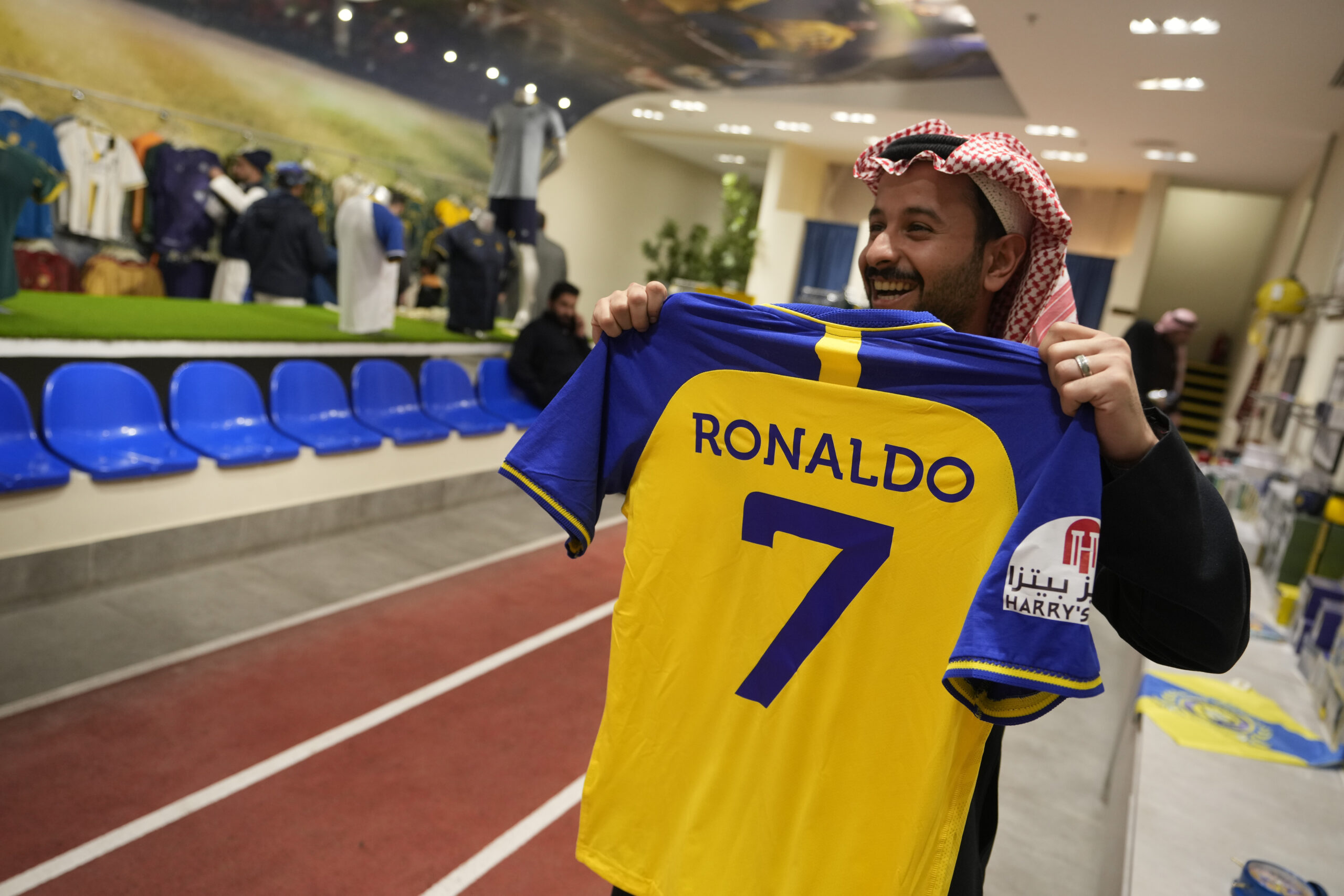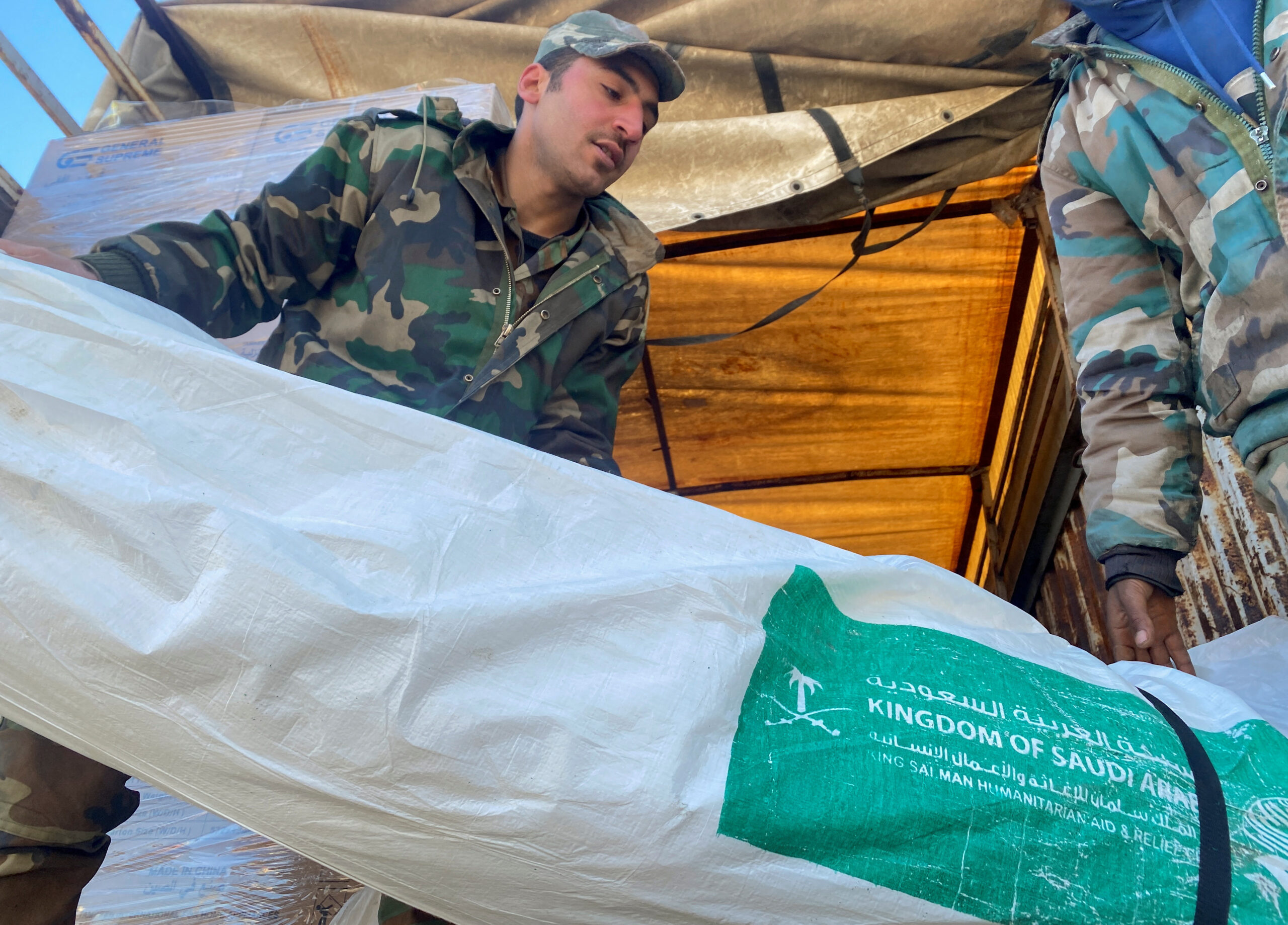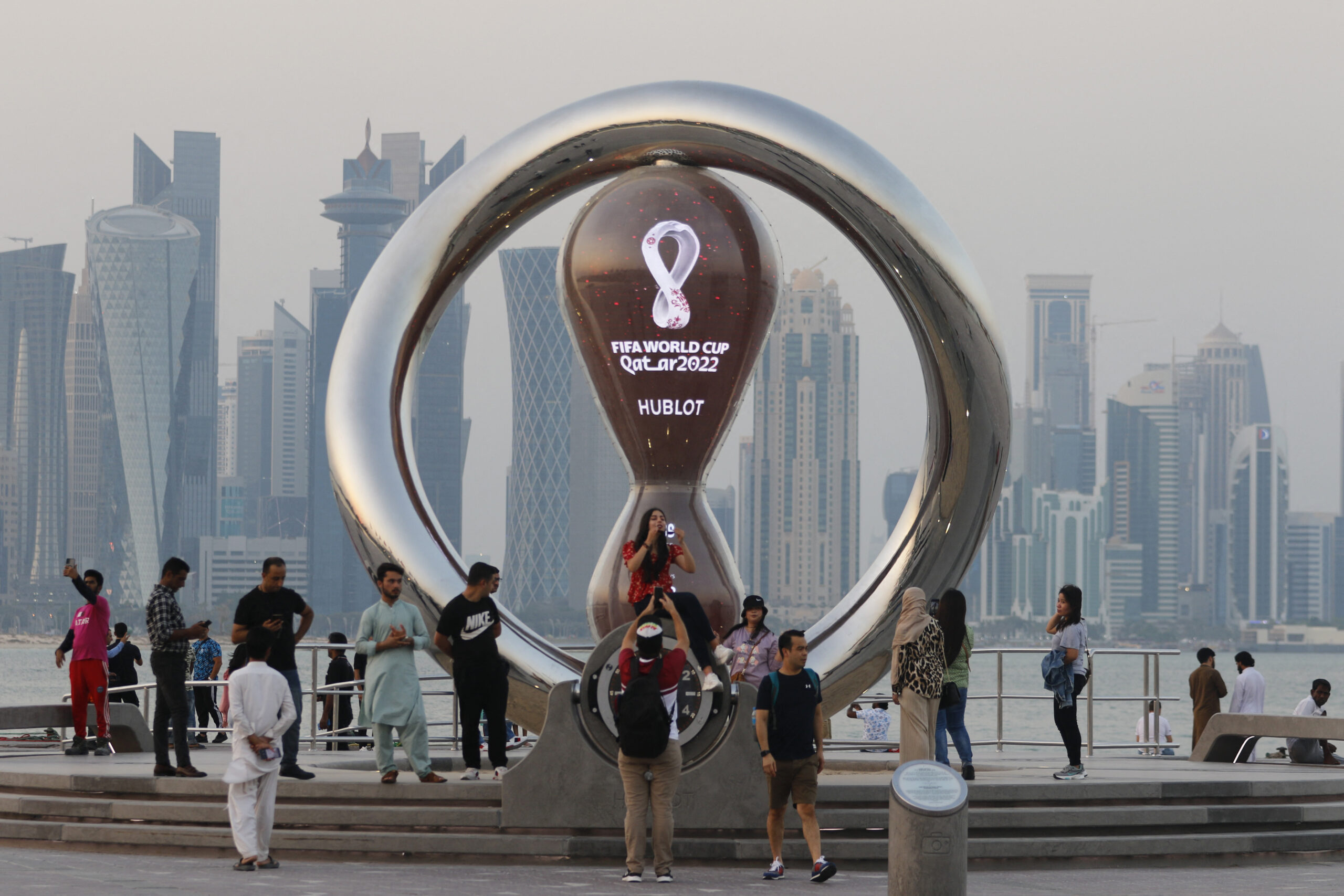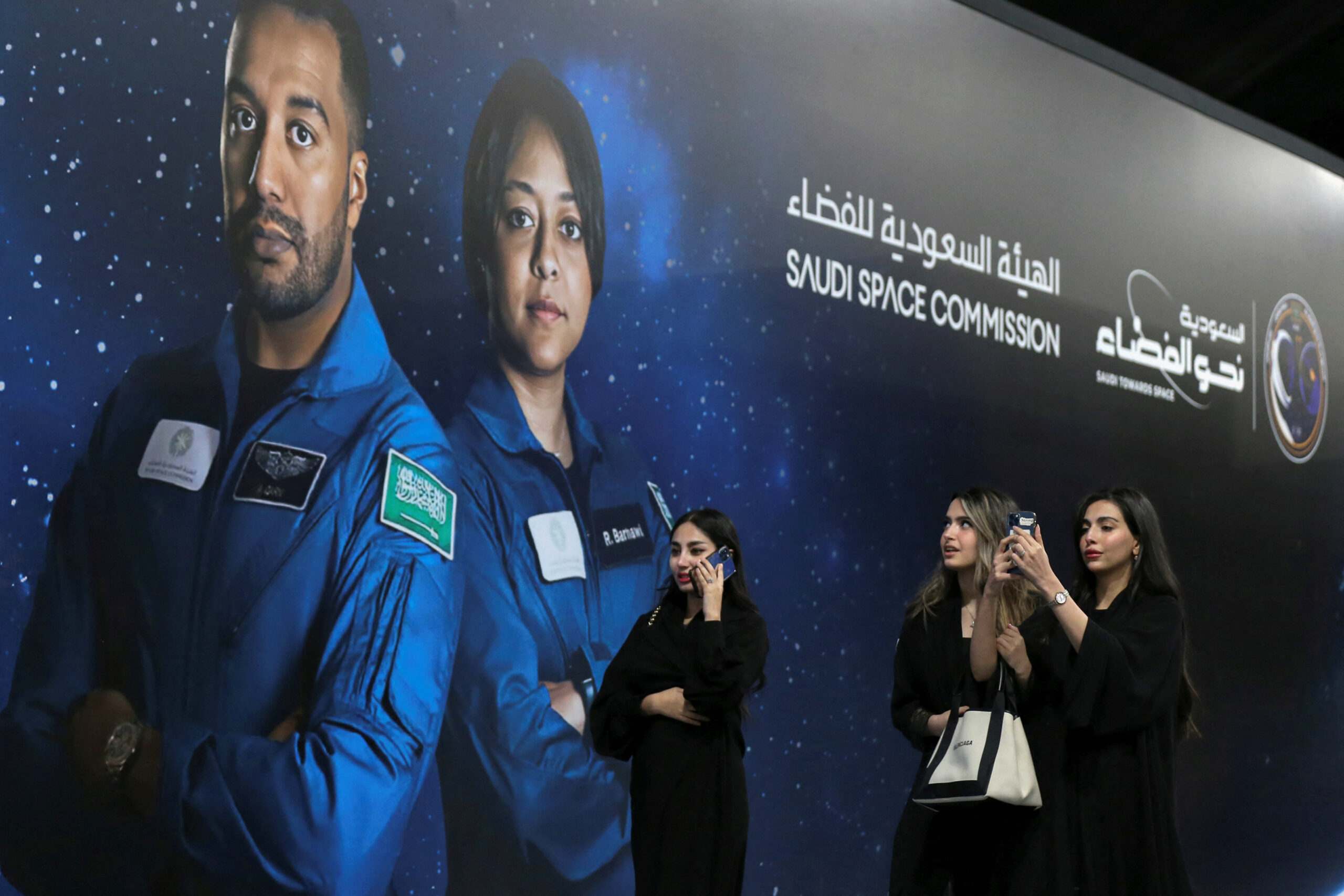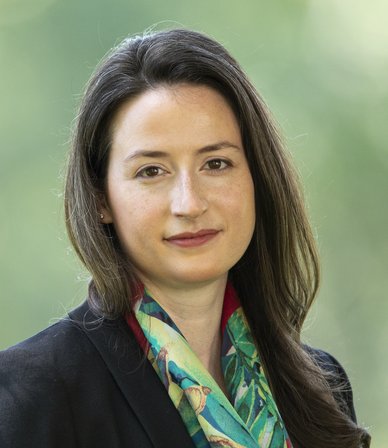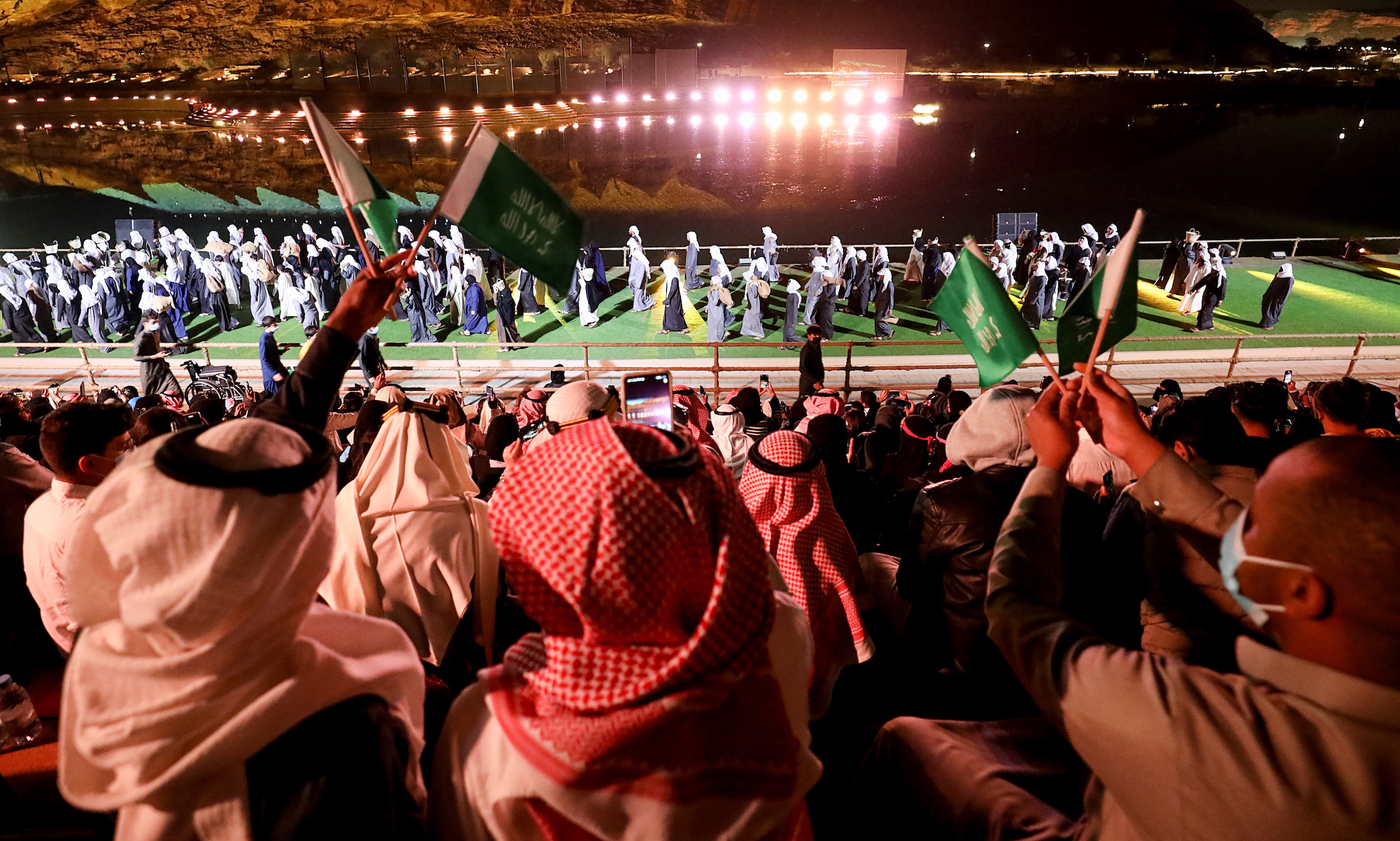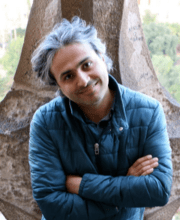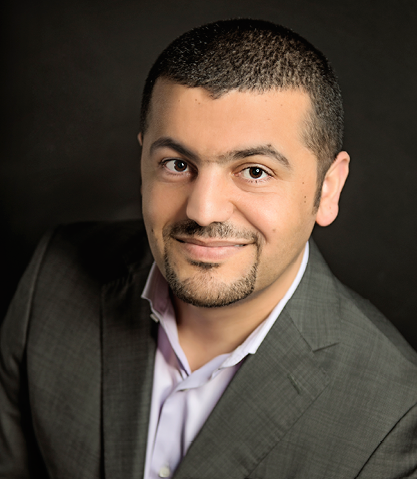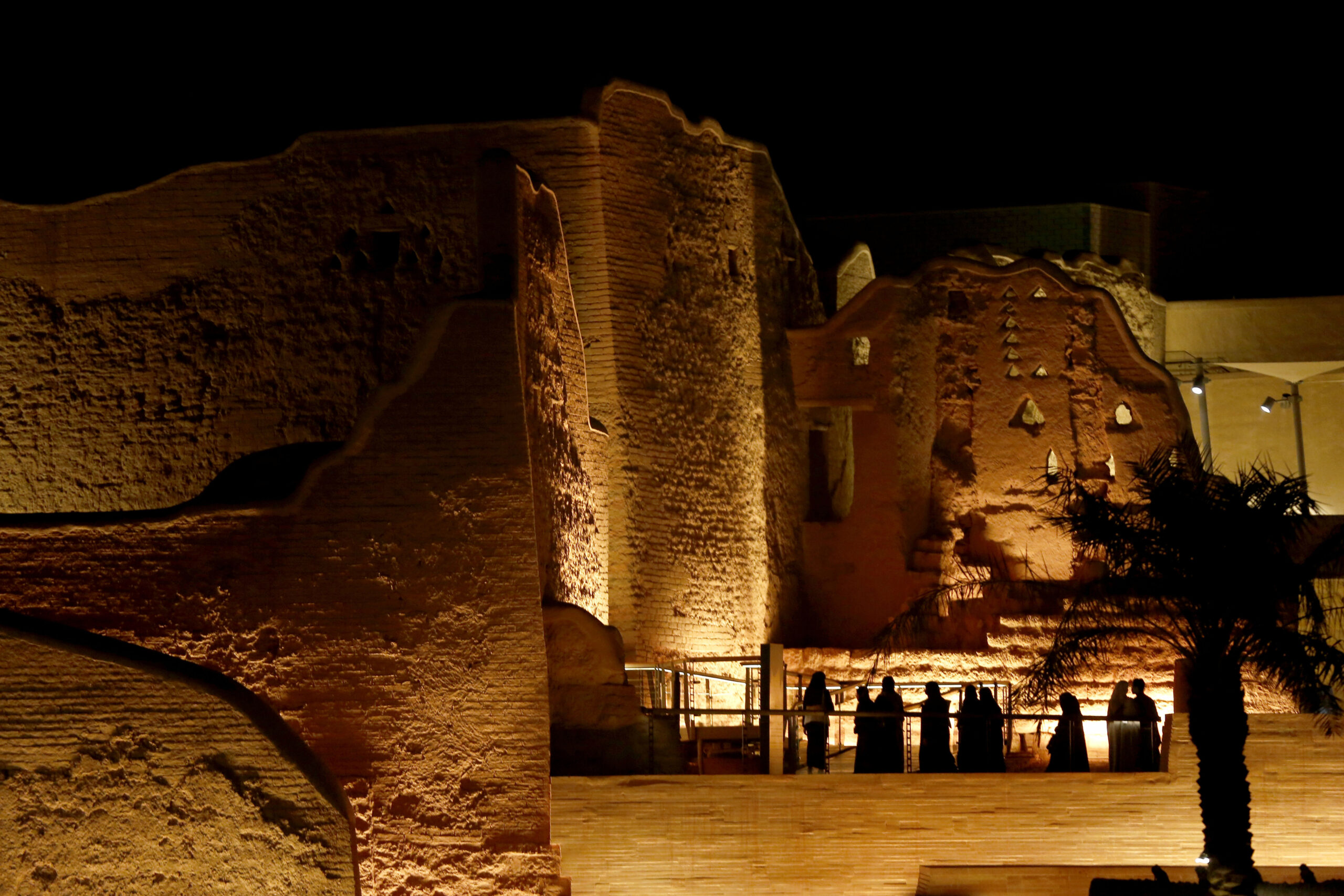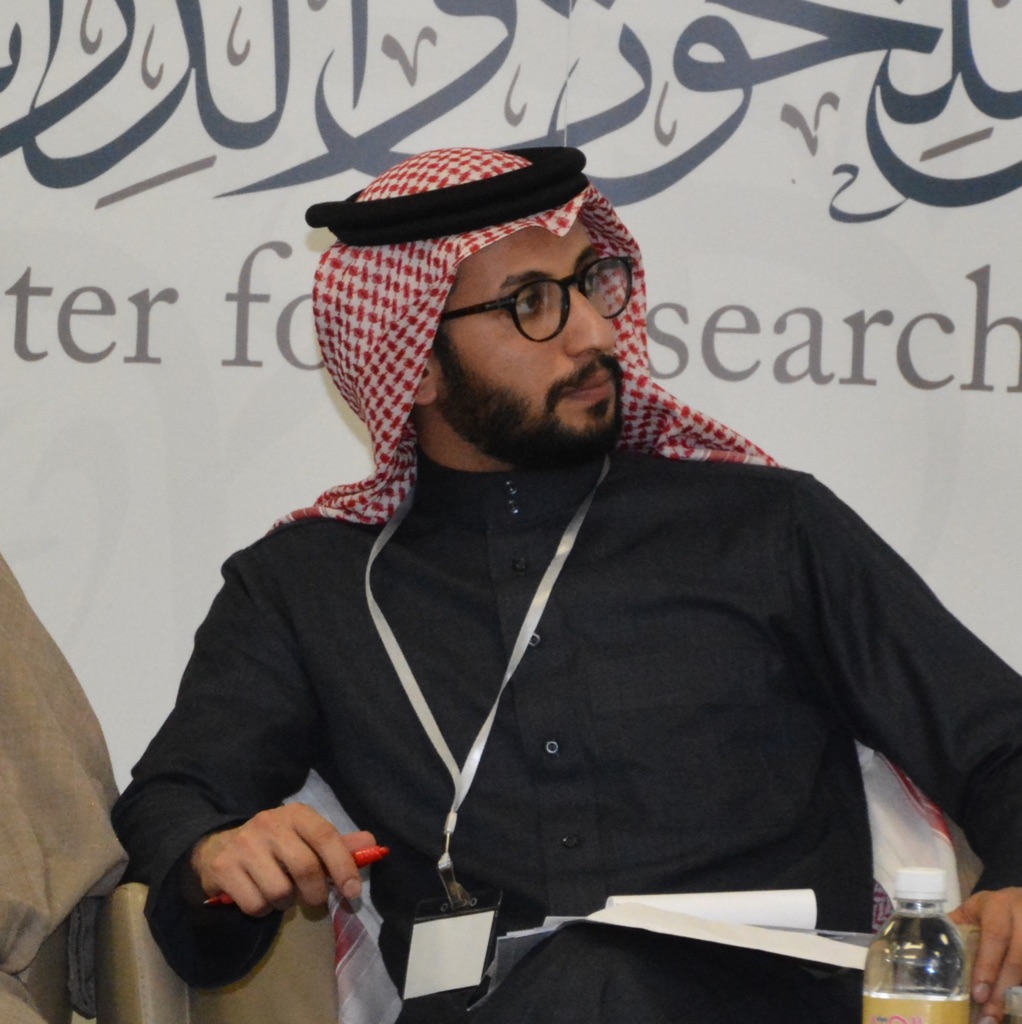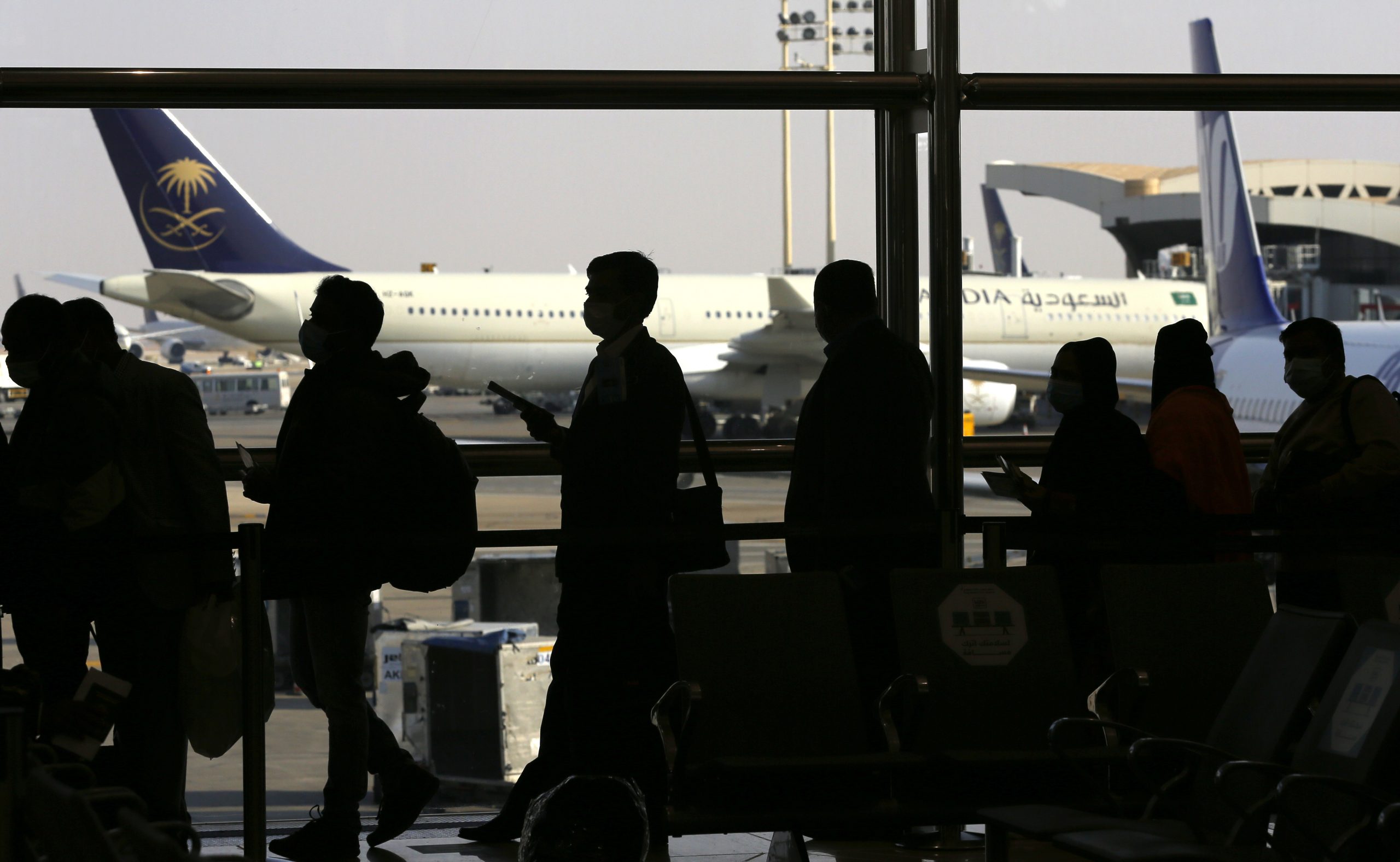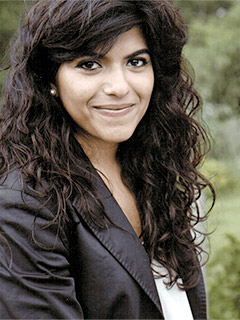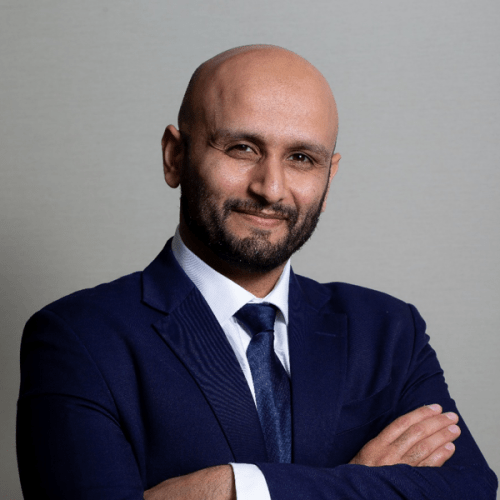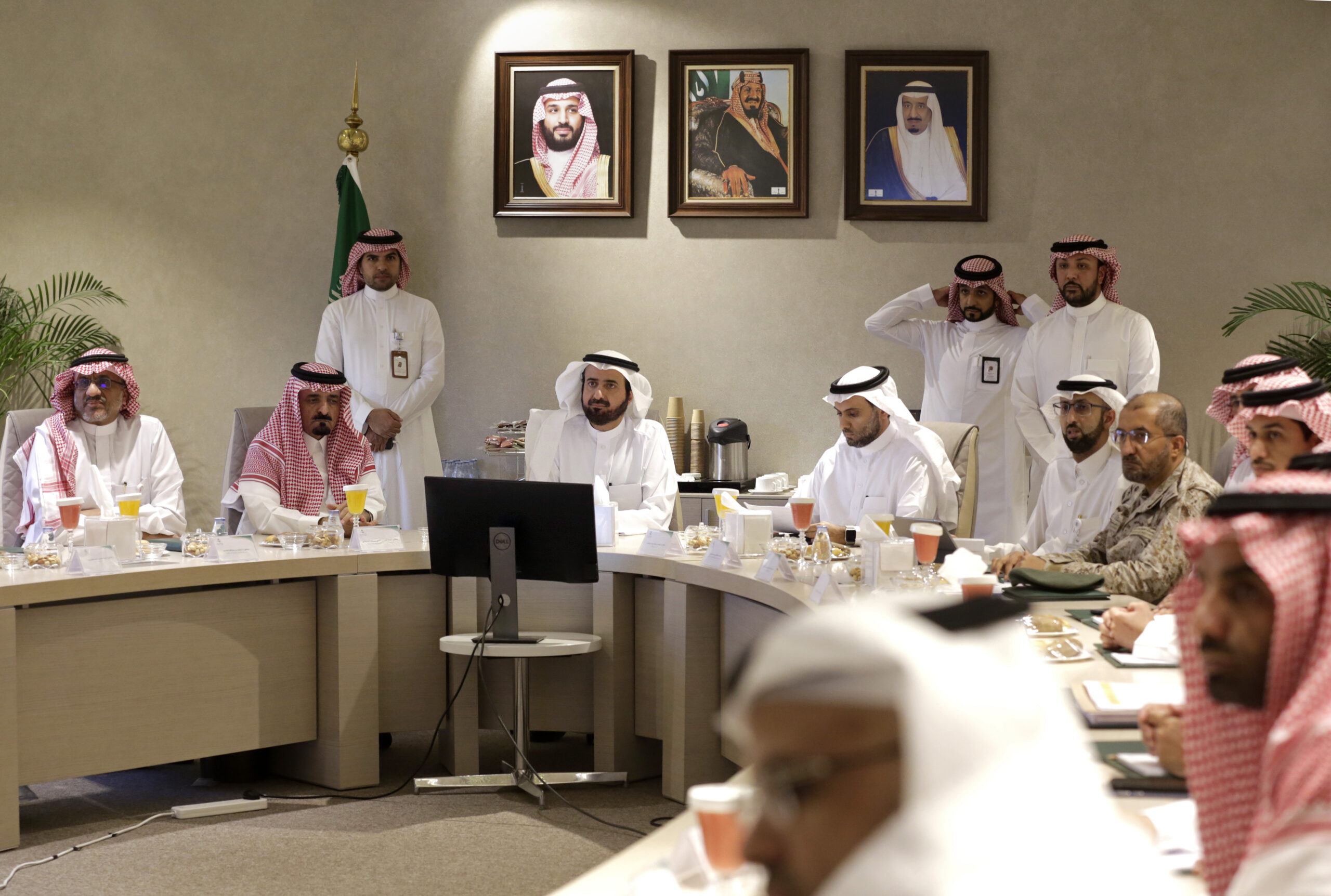
Gulf Arab countries have taken drastic measures to contain the spread of the coronavirus. Kuwait was one of the first to halt air travel as early as March 13. On March 22, it went a step further by introducing a partial curfew, with Saudi Arabia following suit the next day. The United Arab Emirates imposed restrictions that affect many of its businesses and tourism venues, banned its citizens from traveling, and suspended the entry of residency visa holders. On March 23, the UAE suspended all inbound and outbound passenger flights. Bahrain and Qatar have introduced various measures, including closing schools, malls, restaurants, and other social venues. The larger Gulf countries, Saudi Arabia and Oman, halted all public transportation, including buses, taxis, trains (Saudi Arabia), and ferries (Oman).
While these measures can help contain the spread of the coronavirus, the outbreak has redefined the responsibilities of citizens and the business community and highlighted economic and religious challenges. Gulf governments announced stimulus packages to support their local businesses. Yet, the collapse of oil prices and the economic impact of the coronavirus have placed the Gulf Arab states under added constraints. As a result, the business community has become a buffer between the government and the population. Blurring the lines between the government and the business community is an attempt to make the economic challenge a shared responsibility. This sense of responsibility is manifested in the use of labels such as al-tajir al-watani (national merchant) to identify those who show support to their governments in times of crisis.
In mid-March, Kuwaiti businessman Fawaz Khalid al-Marzouq launched an initiative to mobilize support for the Kuwaiti government by donating $10 million for a fund to be located under the government’s umbrella. Other businesses rallied to contribute by providing financial and medical aid, logistical support, and by placing hotels, hospitals, and other venues under government control. Kuwaitis hailed these initiatives as a reaffirmation of the business community’s support and commitment to the government in times of need.
As a result, voices within the UAE called on businesses to play a similar role in reviving the economy and giving back to the state. Some of these voices pointed out the government helped merchant families obtain land, public contracts, and profit, and did not require them to pay taxes for years. Other members of the business community, such as Al Habtoor Group Chairman Khalaf Al Habtoor, argued that the growing criticism on social and traditional media against businesses does not take into account the financial losses they have suffered as a result of the outbreak. In a video he posted, Al Habtoor explained why the government has a duty to support businesses. The following day, however, he donated 50 ambulances and funded the establishment of a virology and research laboratory.
The responsibility of the business community to help the government is viewed as a national duty. A Kuwaiti academic stressed the importance of helping the government, arguing that no one should discuss reimbursing merchants; instead, it is “the time to give.” UAE Minister of Culture and Knowledge Development Noura Al Kaabi alluded to the importance of giving by tweeting a speech by Abu Dhabi Crown Prince Mohammed bin Zayed al-Nahyan telling the story of a merchant who provided the government with cars during the Gulf War without asking for reimbursement.
These initiatives and discussions provide an interesting perspective on the evolution of the historic relationship between merchants and rulers. Before the oil era, rulers maintained political power, whereas merchants enjoyed economic dominance. This balance of power was altered due to oil wealth as rulers were no longer dependent on the support of merchants, which diminished their influence. Today, the fall of oil prices and the future imposition of a value-added tax in some Gulf countries (Kuwait in 2021) will further test the relationship between the business community and the state.
Saudi Arabia has both economic and religious issues to consider. As a result, the sense of responsibility has been expanded to actively engage the entire population in containing the coronavirus with the use of the Twitter hashtag “We are all responsible.” King Salman bin Abdulaziz gave a rare televised speech to the population on March 19, announcing the kingdom is going to face hardship in the coming days. The announcement that the state budget will be cut by 5%, affecting mainly tourism and entertainment, was received positively, however, by those who believe the state overprioritized entertainment over the last few years.
Notably, the religious aspect will also prove challenging, especially after the closing of mosques, which could be difficult to sustain. Drawing a line between civic responsibility and refraining from praying at mosques may be difficult to implement when Ramadan begins in late April. Calls for prayers went viral on social media when they were amended and replaced with “pray in your home.” Such measures are unprecedented in Saudi Arabia and coincide with the country’s opening, which has threatened the conservative faction of society.
To justify these measures, a member of the Council of Senior Scholars, Abdullah al-Mutlaq, explained in a tweet the importance of cooperating with the government to fight the spread of the coronavirus, arguing “It is everyone’s responsibility.” Other religious figures in neighboring countries expressed dismay, however, arguing that such measures have never been adopted in Islamic history. Minister of Islamic Affairs Abdullatif al-Sheikh warned in a tweet that those who criticize the closing of mosques are the same voices that created chaos during the Gulf War and undermined national unity.
Gulf citizens seem content with the measures their governments have taken thus far to contain the coronavirus’ spread. The rapid proliferation of the outbreak in Europe and the United States serves as a reminder to Gulf populations of the capabilities their own governments have to tackle the crisis. While the economies of the Gulf Arab states are challenged by both new and old obstacles, the business community stands to be the most hurt. Moreover, religious challenges will unfold in the coming weeks when Ramadan begins, and as some measures governments impose become more challenging to uphold.
The views represented herein are the author's or speaker's own and do not necessarily reflect the views of AGSI, its staff, or its board of directors.
